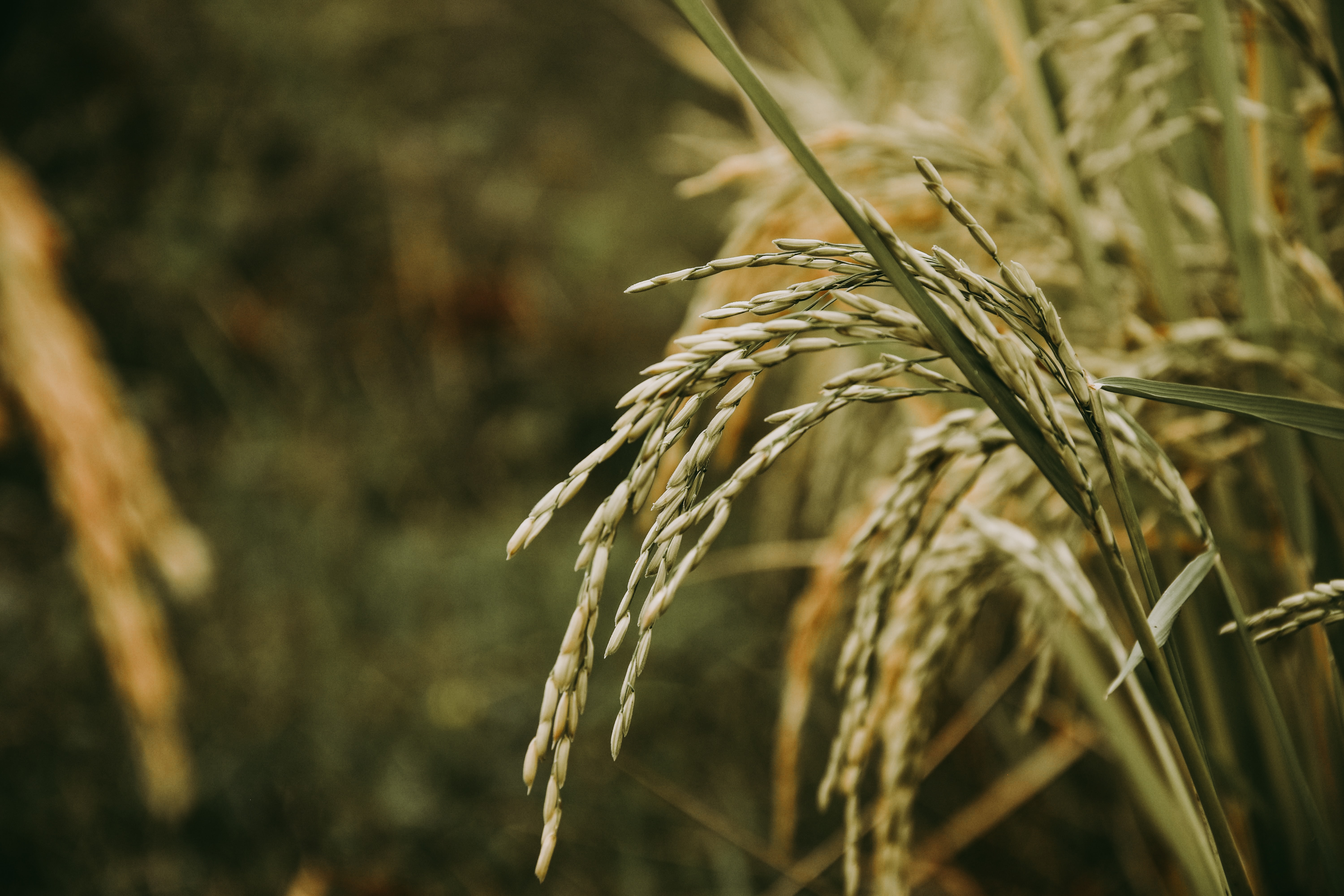Iraq continues rice cultivation following 2-year hiatus amid water challenges
(MENAFN) Iraq has reinitiated rice cultivation after a two-year hiatus caused by severe water shortages. This season, the country has designated 150 square kilometers (65 square miles) for rice farming, aiming to produce approximately 150,000 tonnes of rice, according to Deputy Agriculture Minister Mahdi Sahar al-Jubouri. The resumption comes after a period of restricted rice production, where only five to ten square kilometers were cultivated annually for seed purposes due to a critical water crisis exacerbated by upstream dams built by Turkey and Iran, low rainfall, and climate change effects.
The improvement in water availability, attributed to heavy winter rains, recent flooding, and assurances of increased water supplies from Turkey, has facilitated this revival. Iraq's agriculture sector had been severely impacted by these water issues, transitioning from a major rice and wheat producer to one of the world's top importers of these staples. The country has also struggled with soil salinity, ineffective irrigation systems, drought, and the consequences of decades of conflict, which damaged its agricultural infrastructure and turned it into a significant buyer in global markets.
Despite the renewed rice cultivation efforts, Iraq still relies heavily on imports to meet domestic demand, with plans to import about 1.25 million tons of rice this year, maintaining the same level as the previous year. The country’s food rationing program, established during Saddam Hussein's regime, remains a crucial component of its food security strategy.
The improvement in water availability, attributed to heavy winter rains, recent flooding, and assurances of increased water supplies from Turkey, has facilitated this revival. Iraq's agriculture sector had been severely impacted by these water issues, transitioning from a major rice and wheat producer to one of the world's top importers of these staples. The country has also struggled with soil salinity, ineffective irrigation systems, drought, and the consequences of decades of conflict, which damaged its agricultural infrastructure and turned it into a significant buyer in global markets.
Despite the renewed rice cultivation efforts, Iraq still relies heavily on imports to meet domestic demand, with plans to import about 1.25 million tons of rice this year, maintaining the same level as the previous year. The country’s food rationing program, established during Saddam Hussein's regime, remains a crucial component of its food security strategy.

Legal Disclaimer:
MENAFN provides the
information “as is” without warranty of any kind. We do not accept
any responsibility or liability for the accuracy, content, images,
videos, licenses, completeness, legality, or reliability of the information
contained in this article. If you have any complaints or copyright
issues related to this article, kindly contact the provider above.
Most popular stories
Market Research

- TOKEN2049 Singapore Breaks Records: 25,000 Attendees At The World's Largest Web3 Event
- Permissionless Data Hub Baselight Taps Walrus To Activate Data Value Onchain
- Newcastle United Announce Multi-Year Partnership With Bydfi
- Ethereum Meme Coin Little Pepe Crosses $25M, Announces 15 ETH Giveaway
- Canada Real Estate Market Size, Share, Trends & Growth Opportunities 2033
- Everstake Expands Institutional Solana Services With Shredstream, Swqos, And Validator-As-A-Service






















Comments
No comment